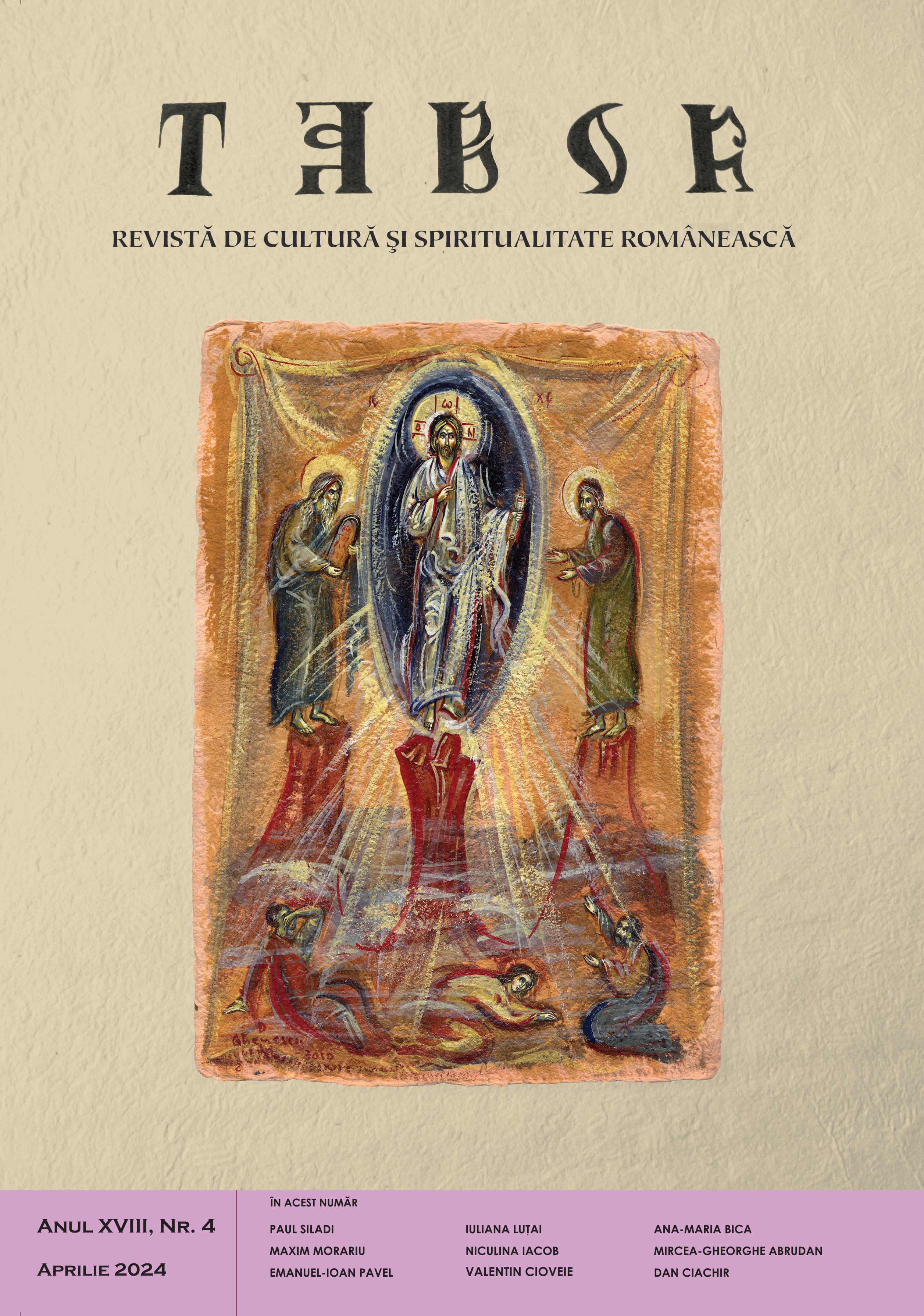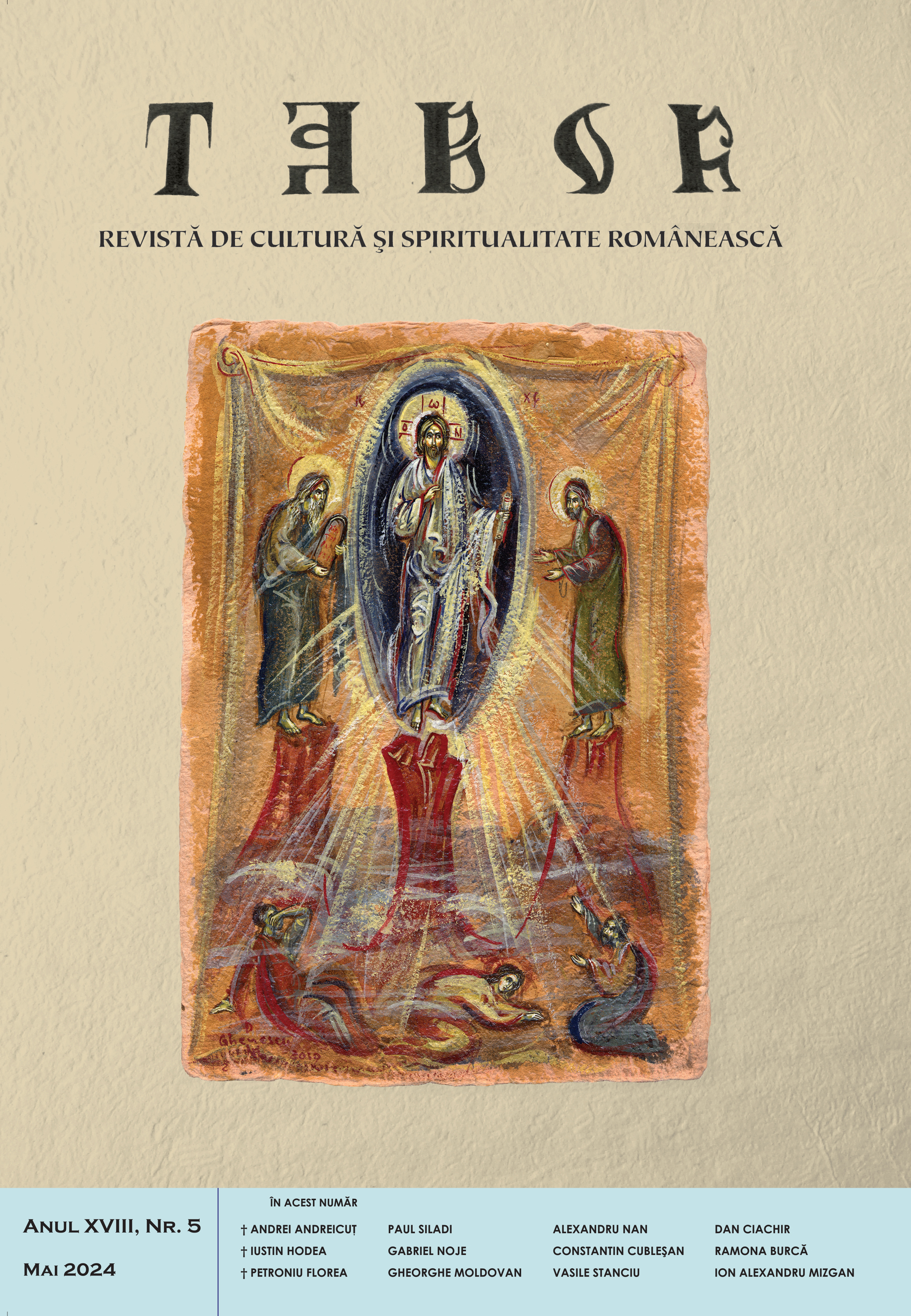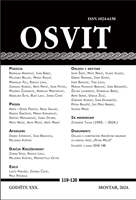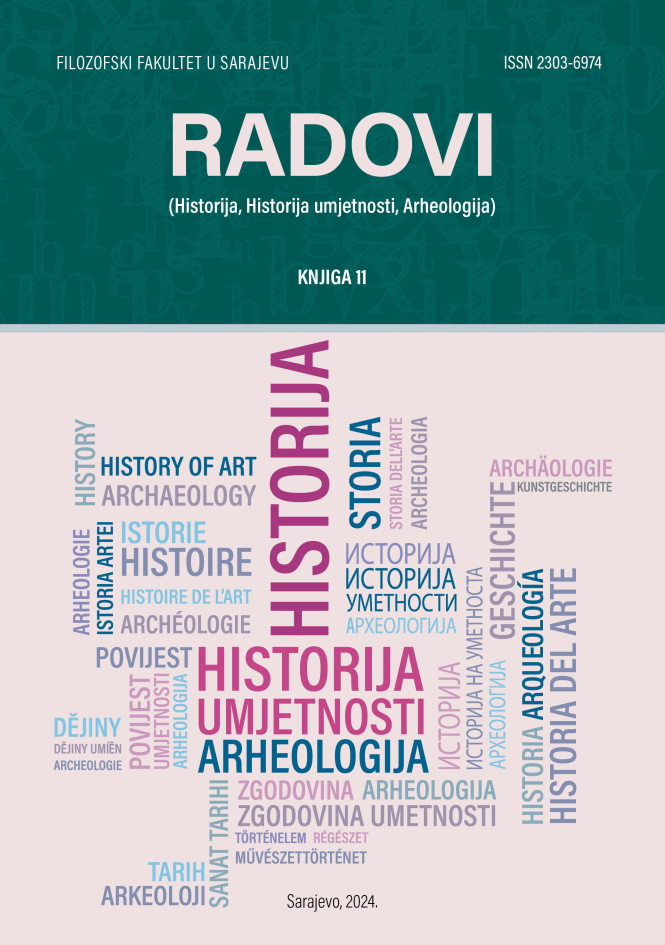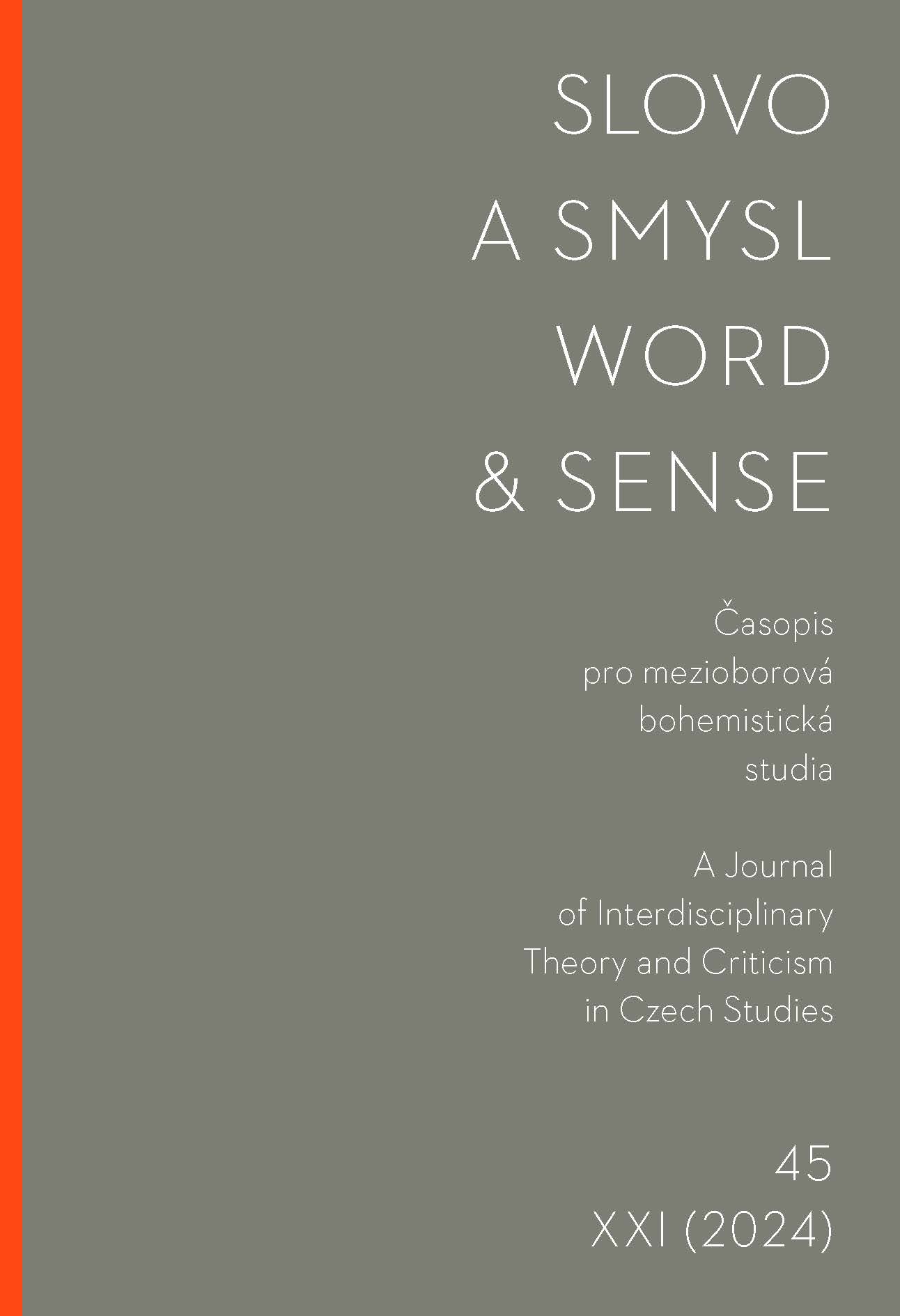
K psaní bez moci. Poznámky k vyprávění šílenství
Brendan Stone's essay "Towards a Writing without Power: Notes on the Narration of Madness" explores the challenges of narrating mental illness, emphasizing the limitations of traditional narrative forms in capturing the chaotic and often indescribable nature of such experiences. Stone discusses the concept of "writing without power," where the narrative truth of the author takes precedence over objective facts, allowing for a more authentic representation of mental illness. He draws on examples from various memoirs, highlighting the use of metaphor and poetic language to convey the complexities of mental health. The essay also examines the ethical implications of narrating extreme psychological experiences and the potential for storytelling to offer an emancipatory space for those with mental illness. Stone's analysis is situated within broader theoretical frameworks, including trauma studies and disability studies, to understand the interplay between narrative, identity, and mental health. The essay concludes by advocating for a narrative approach that respects the inherent ambiguity and multiplicity of mental illness experiences.
More...
